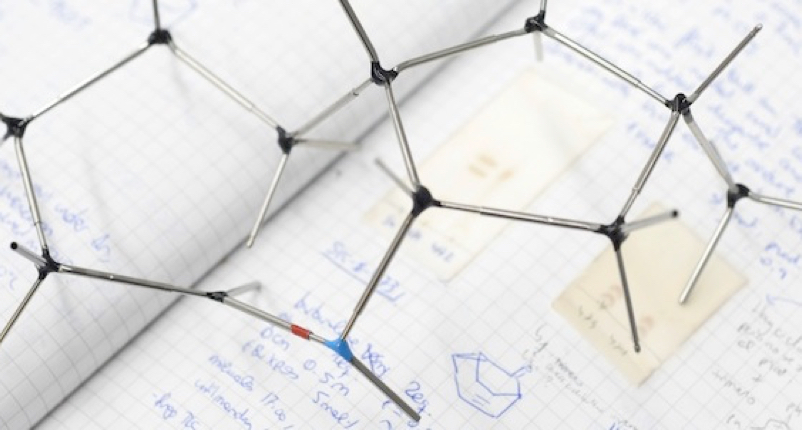Catalytic reduction of N2O over steam-activated FeZSM-5 zeolite. Comparison of CH4, CO, and their mixtures as reductants with or without excess O2
The catalytic reduction of N2O by CH4, CO, and their mixtures has been comparatively investigated over steam-activated FeZSM-5 zeolite. The influence of the molar feed ratio between N2O and the reducing agents, the gas-hourly space velocity, and the presence of O2 on the catalytic performance were studied in the temperature range of 475-850 K. The CH4 is more efficient than CO for N2O reduction, achieving the same degree of conversion at significantly lower temperatures. The apparent activation energy for N2O reduction by CH4 was very similar to that of direct N2O decomposition (140 kJ mol-1), being much lower for the N2O reduction by CO (60 kJ mol-1). This suggests that the reactions have a markedly different mechanism. Addition of CO using equimolar mixtures in the ternary N2O + CH4 + CO system did not affect the N2O conversion with respect to the binary N2O + CH4 system, indicating that CO does not interfere in the low-temperature reduction of N2O by CH4. In the ternary system, CO contributed to N2O reduction when methane was the limiting reactant. The conversion and selectivity of the reactions of N2O with CH4, CO, and their mixtures were not altered upon adding excess O2 in the feed.

M. N. Debbagh, C. Salinas Martínez de Lecea, J. Pérez-Ramírez
Appl. Catal. B 2007, 70, 335-341

Let's create a brighter future
Join our team to work with renowned researchers, tackle groundbreaking
projects and contribute to meaningful scientific advancements


















